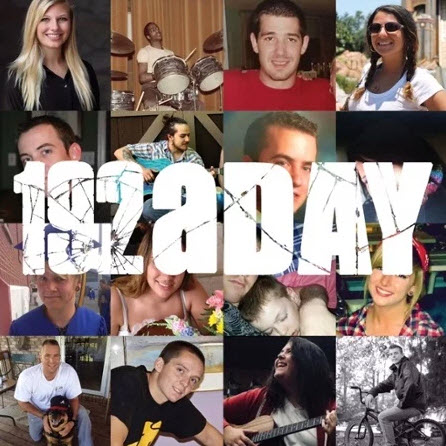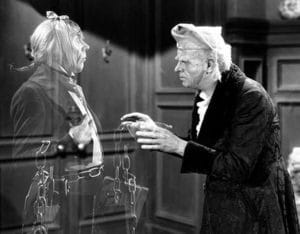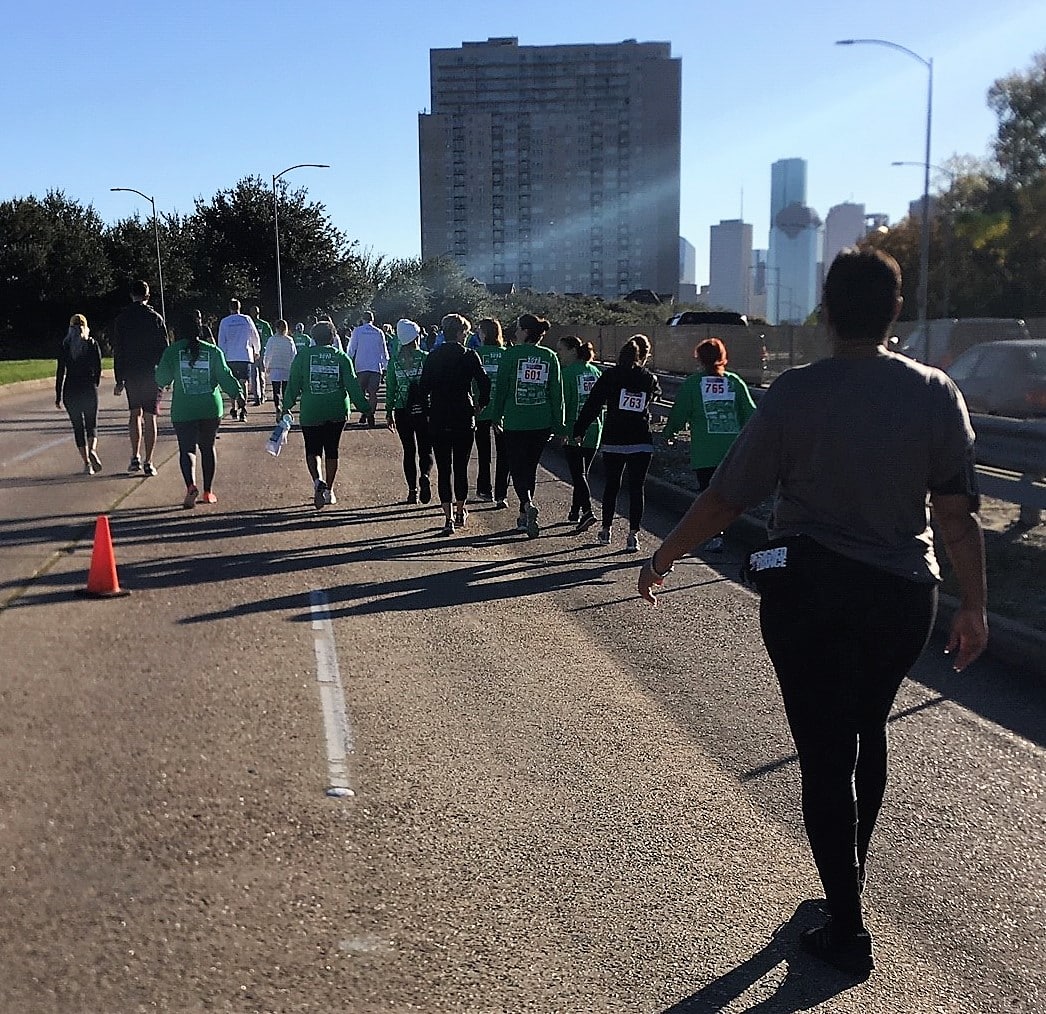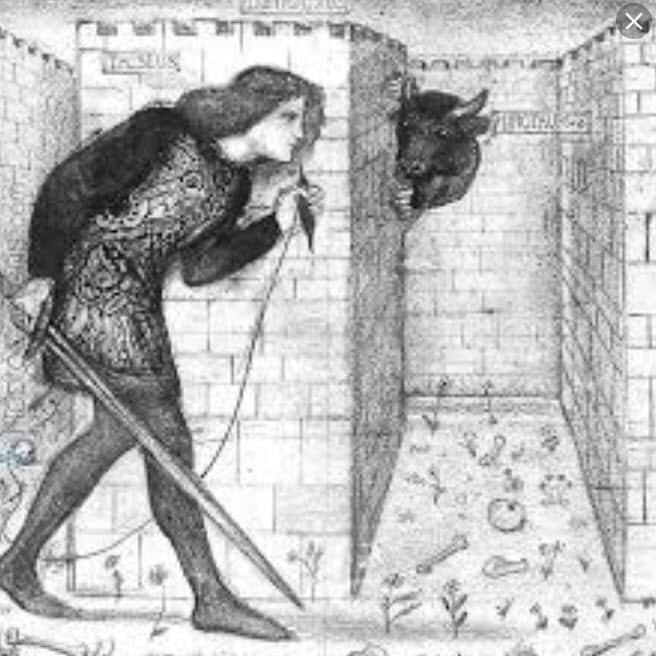Guest Blogger and long-time Council friend, Bob W. presents Part 48 of a series dealing with Alcoholism and Addiction from a Mystical, Mythological Perspective, reflecting Bob’s scholarly work as a Ph.D. in mythological studies.
In the Hindu traditions, there is a long Sanskrit epic called the Mahabharata, about a multi-generational feud between two ruling families, the Kauravas and the Pandavas, ruling in the ancient land that is today Northern India. The story culminates in a giant battle involving all the young men of the time, all aligned with one of the two families.
As the battle is about to begin, the head of the Pandavas, Arjuna, asks his charioteer, who is also the god Krishna, to drive him into the ‘no man’s land’ between the two armies. Seeing the size of the armies aligned against each other and imagining what is about to begin, Arjuna is overcome with grief. He asks Krishna for some relief, some way to avoid the coming armageddon. Krishna answers with a long poetic text that has become highly celebrated in spiritual circles; it is the Bhagavad Gita, aka the “Gita,” a spectacular, deeply articulated, relatively long prescription for an enlightened way of being.
Krishna begins the Gita with a direct response to Arjuna’s question. He says that, as a warrior, Arjuna’s dharma, his cosmic reason for being, is to fight; he cannot avoid the call to arms. Krishna says, “For a warrior, nothing is higher than a war against evil […] for it comes as an open gate to heaven.”
This is a wonderfully inspirational message for me, and, I believe, for all of us on the lifelong journey in sobriety. Active alcoholic behavior, living in the active disease, is an intrinsic evil, a place where we are active agents of devastation and abuse, abuse of people and the cosmos. Our efforts to cross the threshold to abstinence, to a life of deeply imbedded behavior modification, and to a committed life of service are truly those of the warrior, that of the nobility of a warrior in a glorious quest for conquest over evil. Reading the Gita, from its beginning in the exchange with Arjuna, is a wonderful spiritual experience…and seeing it from the perspective of our own personal journeys is a great gift of grace from our own Higher Power.








